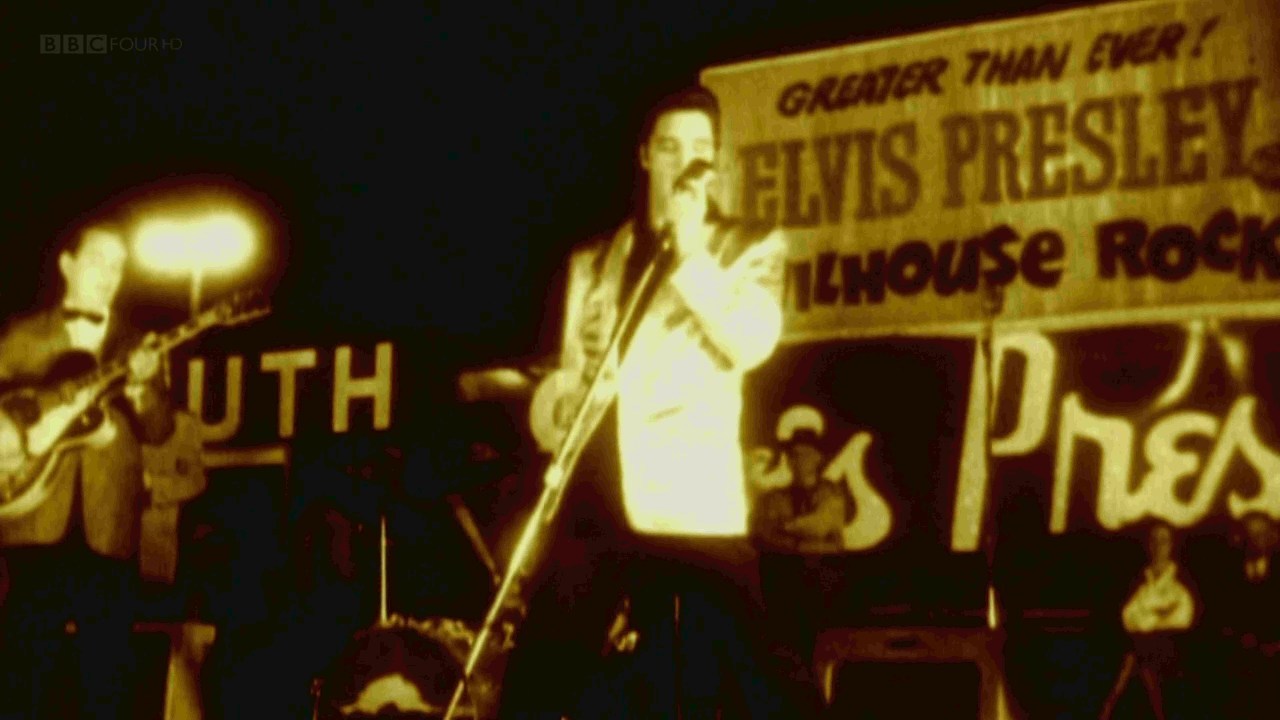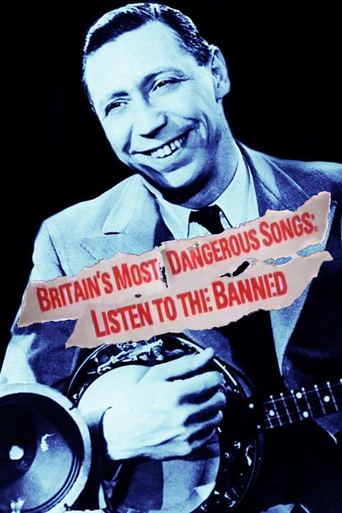TaryBiggBall
It was OK. I don't see why everyone loves it so much. It wasn't very smart or deep or well-directed.
Taraparain
Tells a fascinating and unsettling true story, and does so well, without pretending to have all the answers.
Roy Hart
If you're interested in the topic at hand, you should just watch it and judge yourself because the reviews have gone very biased by people that didn't even watch it and just hate (or love) the creator. I liked it, it was well written, narrated, and directed and it was about a topic that interests me.
Darin
One of the film's great tricks is that, for a time, you think it will go down a rabbit hole of unrealistic glorification.
l_rawjalaurence
LISTEN TO THE BANNED gives a Top-Ten rundown of banned songs past and present, ranging from George Formby's "With Me Little Stick of Blackpool Rock" to Bing Crosby's "I'll be Home for Christmas," to the Sex Pistols' "God Save the Queen" and Frankie Goes to Hollywood's "Relax." With the help of a cohort of experts, including Christopher Frayling, Stuart Maconie and Mark Ellen, coupled with interviews with those involved in some way with the groups concerned (e.g. Frankie's manager Paul Morley), the program explains how the BBC banned many of the songs due to its perceived role as a moral guardian, "protecting" its listeners from material that might be considered too sexually explicit, seditious or political. Many of the explanations given for banning songs at the time now seem absurd; how could Formby's cheerful ballad, packed with double entendres, seem particularly corruptible, especially when there were "blue" comedians like Max Miller touring the halls at that time? The program's chief argument - a sound one - is that values change over time; what might have been censored in the past now appears fairly mild. On the other hand, LISTEN TO THE BANNED does become rather repetitive; the experts either tend to say the same thing or evoke wearyingly predictable clichés characteristic of particular historical periods - the Sixties were a time of sexual freedom; the Seventies were a gray period full of strikes and pessimism, leading to the growth of punk rock; while the Eighties witnessed the growth of an anti-Thatcherite mentality as well as a new freedom of expression for alternative sexualities. Such descriptions do not approximate to individual experiences of each period; they represent a lazy kind of shorthand for program-makers concerned to fill up an hour's slot. Perhaps there might have been more attention devoted to the performers themselves rather than to these so-called "expert" testimonies.

